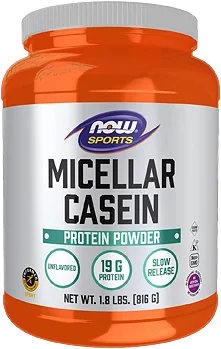Knowledge BaseYou're Questions Answered
Are protein powders safe?
Protein powders can be safe when used as part of a balanced diet and in moderation. However, like any dietary supplement, the safety of protein powders depends on several factors, including the source, quality, and purity of the protein, as well as the individual's medical history, lifestyle, and existing health conditions.
In general, protein powders made from high-quality sources, such as whey or casein from dairy, egg whites, soy, or pea, are considered safe for most people when used in moderation. However, some people may have allergies or sensitivities to certain types of protein, so it's important to choose a protein powder that is free from allergens and to start with a small amount to see if any adverse reactions occur.
Additionally, some protein powders may contain other ingredients, such as artificial sweeteners, preservatives, or fillers, that may cause adverse effects for some individuals. To ensure the safety and purity of your protein powder, it's important to choose a reputable brand and to read the ingredient label carefully.
To ensure that you are using a high-quality and safe protein powder, it's best to choose a product that has been tested by a third-party organization, such as NSF International or the USP, and to consult with a healthcare professional or a registered dietitian before starting to use protein powder, especially if you have any medical conditions or are taking any medications.
Related Questions
Related Reviews
Protein vs Protein

Your Answer
We are a participant in the Amazon Services LLC Associates Program, an affiliate advertising program designed to provide a means for us to earn fees by linking to Amazon.com and affiliated sites.
